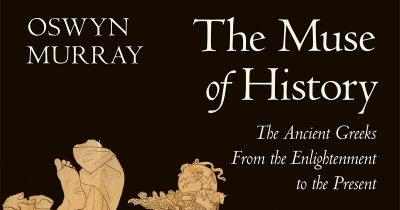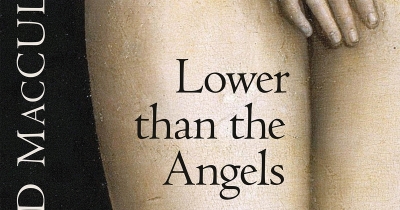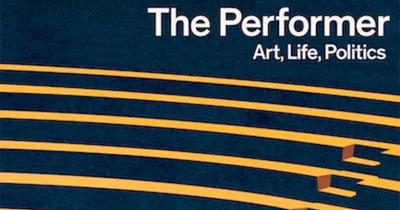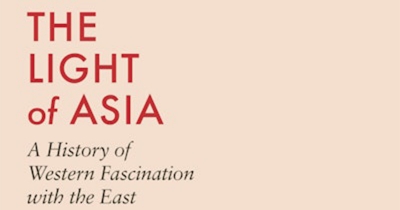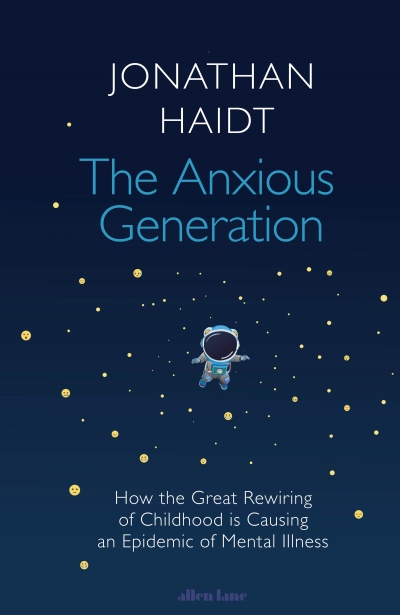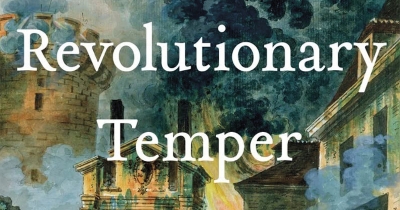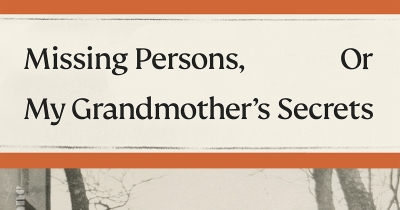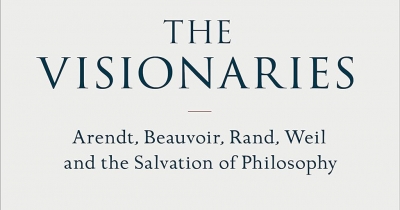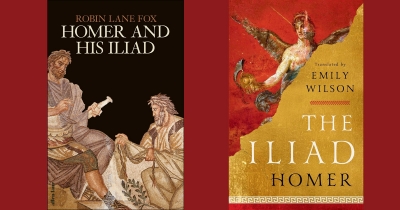Allen Lane
The Muse of History: The Ancient Greeks from the Enlightenment to the present by Oswyn Murray
by Christopher Allen •
Lower than the Angels: A history of sex and Christianity by Diarmaid MacCulloch
by Miles Pattenden •
The Light of Asia: A history of Western fascination with the East by Christopher Harding
by Alison Broinowski •
The Anxious Generation: How the great rewiring of childhood is causing an epidemic of mental illness by Jonathan Haidt
by Tim McMinn •
Limitarianism: The case against extreme wealth by Ingrid Robeyns
by Adrian Walsh •
The Visionaries: Arendt, Beauvoir, Rand, Weil and the salvation of philosophy by Wolfram Eilenberger, translated by Shaun Whiteside
by Frances Wilson •

